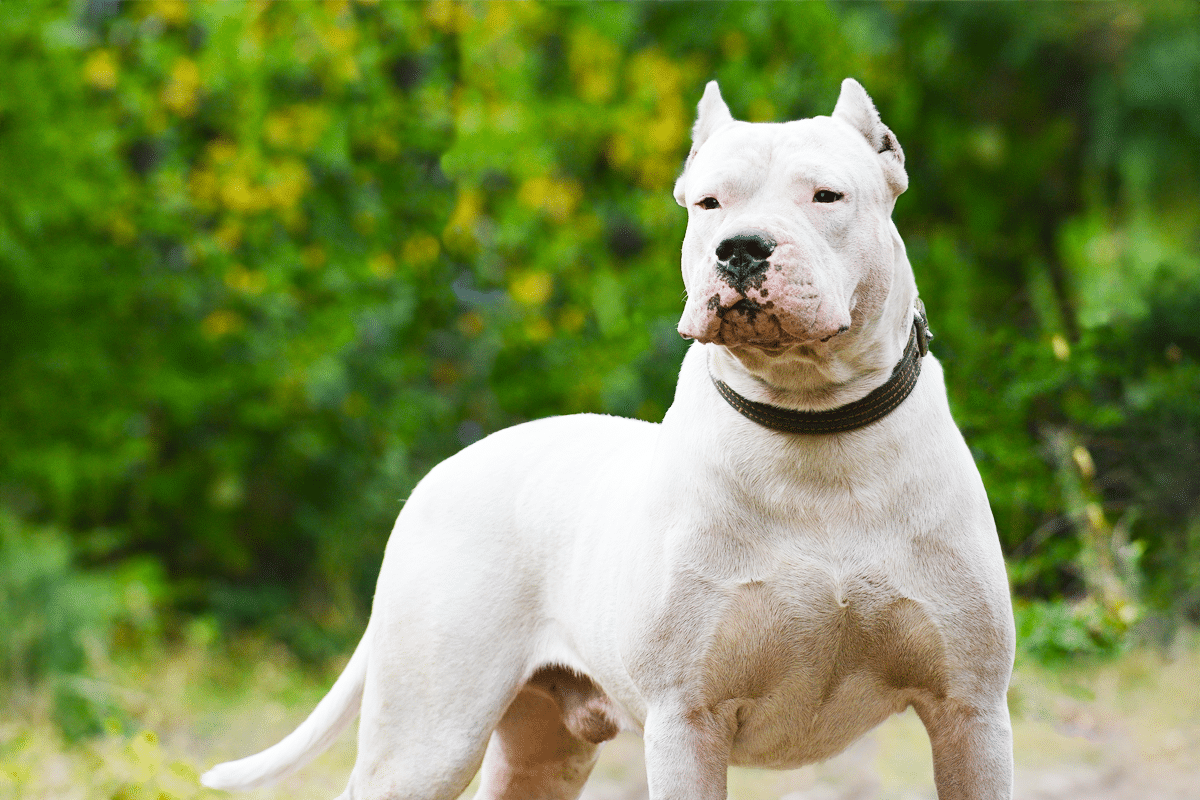 Shutterstock
Shutterstock
Dogs are known for their joyful and affectionate nature, but even they can experience mood shifts. What might seem like a minor inconvenience to us can cause significant stress for our canine companions? Certain situations or changes in their environment can instantly sour their mood, leading to unwanted behavior or anxiety. By understanding and recognizing these triggers, you can ensure that your dog stays happy and comfortable. Being mindful of what can ruin your dog’s mood is a great way to keep their spirits high and their behavior in check.
Sudden Changes in Routine
 1200
1200
Dogs thrive on routine and familiarity. Sudden changes in their daily activities, such as a new feeding schedule, altered walking times, or a shift in the household dynamics, can be disorienting for them. These changes can lead to anxiety, confusion, or unwanted behaviors like excessive barking. Keeping a predictable schedule helps dogs feel secure and comfortable in their environment, reducing the chances of mood swings or stress.
Loud Noises and Sudden Sounds
 Shutterstock
Shutterstock
Dogs’ ears are much more sensitive than ours, so loud noises can cause significant distress. Sudden sounds like fireworks, thunderstorms, or even the sound of a vacuum cleaner can overwhelm them. This heightened sensitivity can result in fear-based behaviors, such as hiding, shaking, or excessive barking. Understanding your dog’s triggers and creating a quiet, safe space during these events can help calm their nerves and prevent a drop in mood.
Being Left Alone for Too Long
 Shutterstock
Shutterstock
Dogs are social creatures that thrive on companionship, and being left alone for long periods can negatively impact their mood. Loneliness can lead to separation anxiety, causing your dog to feel stressed and even exhibit destructive behaviors. This anxiety can manifest in barking, whining, or house accidents. It’s important to ensure your dog is not left alone for too long, and when you do have to leave, consider providing them with toys or even a companion.
Lack of Proper Exercise
 MidJourney
MidJourney
Exercise plays a crucial role in maintaining both the physical and mental well-being of a dog. A lack of exercise can lead to pent-up energy, frustration, and mood swings. Dogs that don’t get enough physical activity may become restless, anxious, or even overweight, which can further contribute to their irritability. Regular walks, playtime, and other physical activities are essential for keeping your dog happy and calm.
Unfamiliar People or Animals
 Shutterstock
Shutterstock
Not all dogs are naturally social, and meeting new people or animals can be stressful for some. When a dog is introduced to unfamiliar individuals or creatures, it can lead to anxiety or defensive behaviors. This discomfort may result in your dog becoming withdrawn or even aggressive. If your dog is particularly shy or protective, it’s important to introduce new people and animals slowly to ensure they feel safe and secure.
Illness or Physical Discomfort
 Shutterstock
Shutterstock
Dogs can’t verbally communicate when they’re in pain, but their behavior can be a clear indicator of physical discomfort. Changes in a dog’s mood, such as increased irritability, lethargy, or withdrawal, may be signs of illness or injury. If your dog starts acting differently, it’s important to have them checked by a veterinarian. Addressing their health concerns will not only improve their physical well-being but also restore their positive demeanor.
Changes in Your Own Mood or Behavior
 Shutterstock
Shutterstock
Dogs are highly perceptive and can pick up on their owner’s emotions. If you’re feeling stressed, anxious, or upset, your dog may reflect those emotions and exhibit mood changes of their own. A drop in your mood may cause your dog to become more clingy, anxious, or even agitated. Being mindful of your emotional state and maintaining a calm, positive atmosphere at home will help your dog stay in a better mood.
Inconsistent Training or Discipline
 Shutterstock
Shutterstock
Dogs require consistency to feel secure in their environment. If training is inconsistent or if rules are not established, a dog can become confused, anxious, or frustrated. This confusion can lead to behavioral issues such as disobedience, excessive barking, or destructive chewing. Clear, consistent training helps dogs understand expectations, and it allows them to feel more confident and stable in their home.
Lack of Proper Nutrition
 Shutterstock
Shutterstock
A dog’s diet is directly linked to their overall health and mood. Poor nutrition can lead to a variety of issues, including irritability, low energy, or digestive problems. A well-balanced diet ensures your dog gets the vitamins, minerals, and nutrients they need to stay healthy, active, and happy. If your dog is acting out or seems unusually sluggish, it might be time to evaluate their diet and make any necessary adjustments.
The Drama Of Doggone Mood Swings
 MidJourney
MidJourney
Dogs, just like us, can experience mood swings and have off days. With a little attention and understanding, we can help keep them happy. Various factors can affect a dog’s mood, and recognizing these triggers is essential in maintaining their well-being. By addressing these issues promptly, you can ensure your dog stays content and calm. After all, sometimes a cozy nap or a little extra love is all it takes to turn their day around and put them back in a cheerful mood.

 1 month ago
15
1 month ago
15


















 English (US) ·
English (US) ·